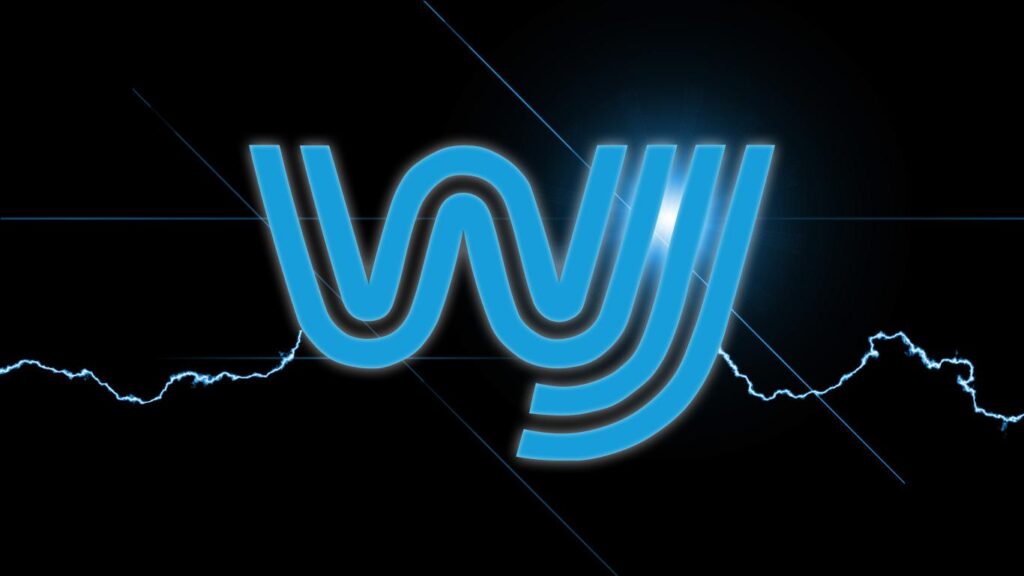
She’s Electric – WJ Groundwater’s sustainable approach
Oasis may have sung ‘She’s Electric’ back in their 1995 song but over a quarter of a century on, the construction industry is still very much diesel-powered. As the quest for a greener future continues, with lower carbon and diesel particulate emissions, WJ is keen to play their part by helping the industry move forward by taking a more sustainable approach.
According to the Centre for Low Emission Construction, the industry is estimated to contribute 7%, 34%, and 15% respectively to Nitrogen Oxides (NOx), and PM10/PM2.5 (particulate matter) emissions within London (London Atmospheric Emissions Inventory – LAEI 2016). All across the UK, from the capital to the countryside, construction emissions are becoming important considerations when developing and improving air quality policies.
Across the globe, around 200,000 people migrate to urban areas every single day, increasing the requirement for affordable housing and supporting infrastructure. The construction industry plays a central role in meeting this demand, but as a result, there are consequential impacts on emissions and air quality. This urban migration is only set to increase and requires further quantification and regulation by local and national governments. At WJ Groundwater, we believe there has to be a forward-thinking approach by those operating within the industry that centres on how we contribute to a more environmentally friendly future.
Protecting Workers
Construction workers are exposed to the greatest levels of risk due to their proximity on-site to machines and activities that produce pollution. Their health and protection are of the utmost importance.
“During the 2016/17 period around 3000 construction workers were suffering with breathing and lung problems” – The Construction Industry Training Board (CITB)
The CITB has reported that during 2016-2017 around 3000 construction workers in the UK were suffering from breathing and lung problems brought on by their work. As employers, WJ has a duty of care to our staff, and we strive to reduce or remove any unnecessary risks. This includes issuing safe tools for use.
Meeting Regulatory Compliance
The implementation of the London congestion charge and a national strategy based around higher taxes for more polluting vehicles has encouraged a significant decrease in the harmful emissions from transport in recent years. However, the construction industry still relies on diesel-powered engines. With the introduction of London’s Ultra Low Emission Zones (ULEZ) requirements, from 1 September 2020, Non-Road Mobile Machinery (NRMM) used on any site within Greater London will be required to meet Stage IIIB-level emissions. NRMM used on any site within the Central Activity Zone or Canary Wharf will be required to meet Stage IV as a minimum. Although Stage IV remains some way behind the cleanest diesel engines currently available for trucks and buses, WJ knows it can do better than this.
WJ’s Electrifying Moment
WJ has always had a policy of purchasing the cleanest diesel engines possible, not only for compliance but also to minimise the risk of harm to our employees and the population of London and other big cities.
Up until recently, all WJ’s drilling machinery was at least Stage 4f. However, instead of replacing old machinery with more diesel-powered engines, WJ decided to go electric instead.
There are challenges to using electric plant because there needs to be an infrastructure in place to support its usage. For instance, if the power needed to support electric plant is produced by a diesel-powered generator, any benefit of lower PMs and NOx emissions saved would be vastly reduced or cancelled out. Luckily, a large number of our assignments are situated in tunnels where the installation of substations and electrical installations is common. Their presence is a modern requirement for powering tunnelling equipment; increasingly, a pre-commencement agreement will be mooted so that there is a suitable electricity supply in situ. As a result, you are quite likely to encounter electric mini excavators, telehandlers, and piling rigs on building sites and in tunnels.
Benefits Beyond Emissions
There are many advantages to using electric-powered plant when working in water-based environments. There is a reduced risk of polluting watercourses or the ground with accidental spills of fuel or lubricating oil, better reliability, higher efficiency, less downtime for servicing, no waste oil or filters, as well as reduced noise emissions.
WJ is a pioneer and has over 30 years of experience in safely controlling and distributing high voltages around construction sites for large dewatering systems. We put this experience to use when designing and building the electric power distribution and controls which are quick and safe for our staff to set up and secure from accidental damage that may be caused by construction site activities.
The First Step
WJ is committed to sustainability and embedding low-carbon solutions into our dewatering and water management designs and into our delivery of contracts. We were early adopters of cleaner diesel engines for drilling and ancillary plant as soon as they were available. The electrification of construction equipment will be required for the UK to meet its carbon reduction targets and WJ is proud to play our part in contributing to a greener future.
You can find out more about our fantastic new electric kit and download spec sheets on the electric dewatering kit webpage.

Join the conversation